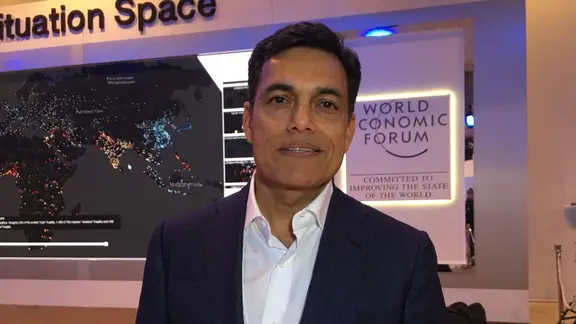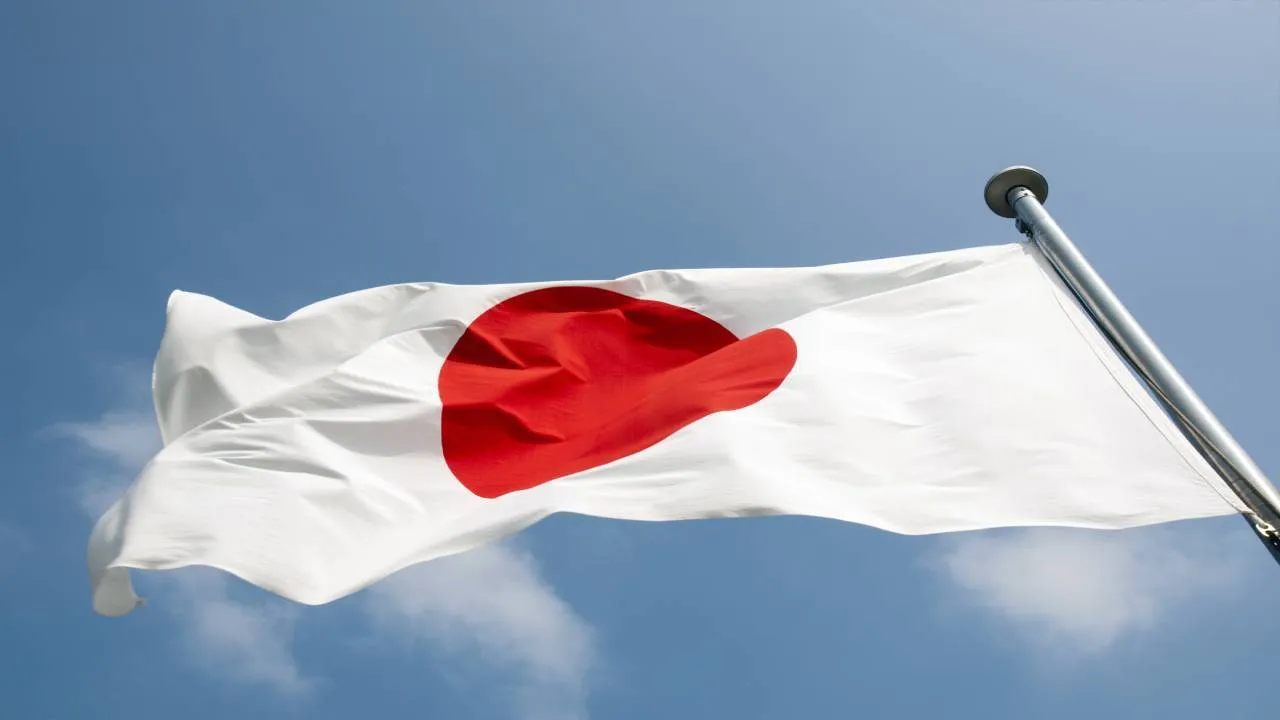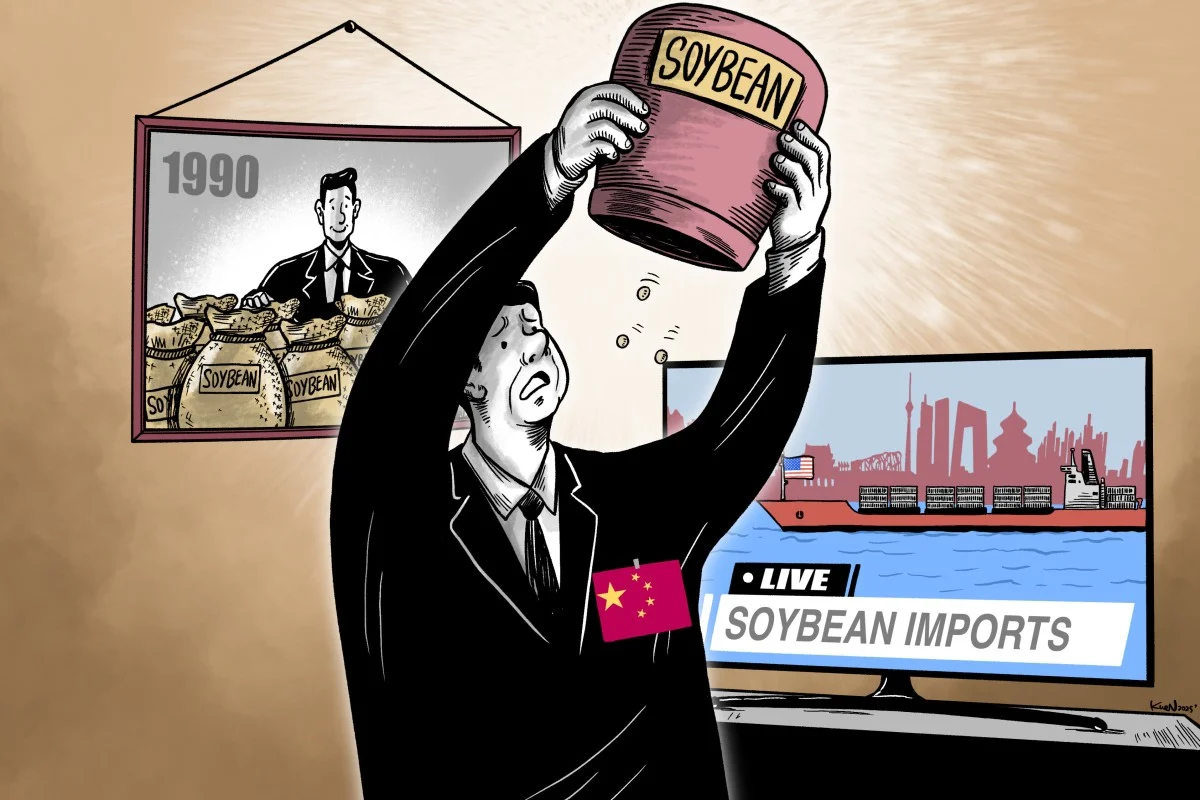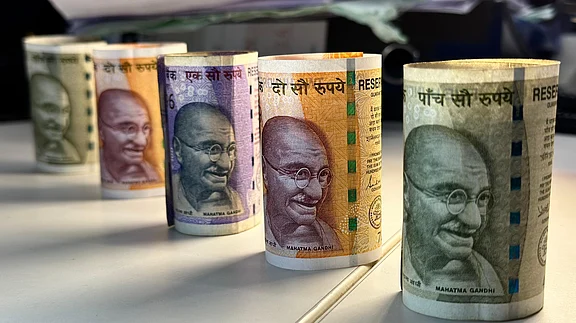India should consider tariffs on Chinese imports to protect the domestic industry, said Sajjan Jindal, the chairman and managing director of JSW Steel Ltd., while speaking to NDTV Profit at the sidelines of the World Economic Forum in Davos on Tuesday.
At a time when the United States is considering tariffs and Europe is putting quotas, “Why can’t we do it?” Jindal said, as he referred to US President Donald Trump’s plan to impose tariffs as high as 60% on Chinese imports.
If India is serious about increasing its manufacturing share to 25% of the gross domestic product, “then we have to protect our industry,” Jindal stressed. The domestic manufacturers must grow to a stage where they can take head-on against their Chinese peers, he added.
China, Jindal pointed out, has pumped up its capacity over the past two to three decades. The country has emerged as a factory for the world. But the recent slowdown in the domestic economy is compelling China to aggressively capture external markets, he added.
India should protect itself from the dumping of Chinese products, which are either directly exported from China or re-routed through other countries, Jindal said.
The restriction before the Indian government is that they are, to a significant extent, bound by the World Trade Organisation rules, Jindal explained. Also, there is a “thought process that MSMEs or smaller companies will get more expensive raw materials if Chinese goods are restricted,” he said. However, this thought process can instead hurt the domestic industry, the JSW Steel chief added.
On being asked whether his company’s growth plans are on track, Jindal said that JSW Steel will be a “50-million-tonne steel company” by the end of this decade. Currently, the steel manufacturer has a production capacity of 35 million tonnes.
“I would like to see JSW Steel grow faster than that, but that calls for support from the government, he said, adding that measures should be enacted to prevent the dumping of Chinese steel directly or indirectly into the Indian market.
Bets On China Plus One
Asked whether Trump’s plan to slap blanket tariffs on all imports will hurt exports, Jindal suggested that such a move would be beneficial for India amid the “China plus one” scenario.
China plus one refers to the business strategy to reduce reliance on China and diversify manufacturing into other markets. The strategy could be widely adopted if Trump proceeds with the plan to impose higher tariffs on Chinese imports.
According to Jindal, JSW Steel will not be impacted by the potential US tariffs. The company is “not much dependent on export to the United States. We have businesses in Europe, which will benefit from the tariffs.”
Meanwhile, Jindal expressed some concern over the recent downturn seen in the Indian economy. The GDP growth had slowed to 5.4% in the September quarter—the slowest in nearly two years.
Jindal said that he hopes this lull in the economy is a “passing phase.” The only way forward for India is to “grow at double digits or close to it.” The government should focus on spending, particularly on infrastructure, he stressed.
. Read more on Davos by NDTV Profit.Measures should be enacted to prevent the dumping of Chinese steel directly or indirectly into the Indian market, the JSW Steel chief said. Read MoreDavos, Business, World, Notifications
NDTV Profit
